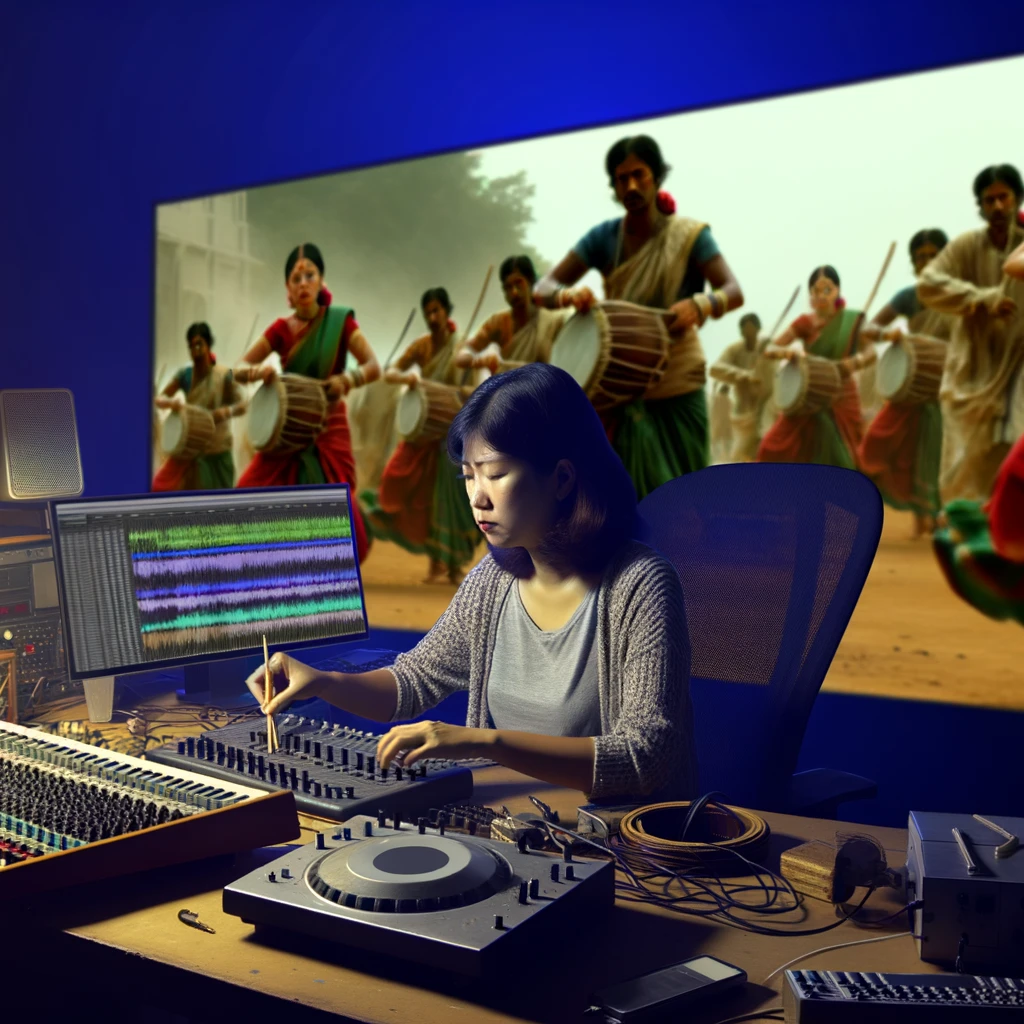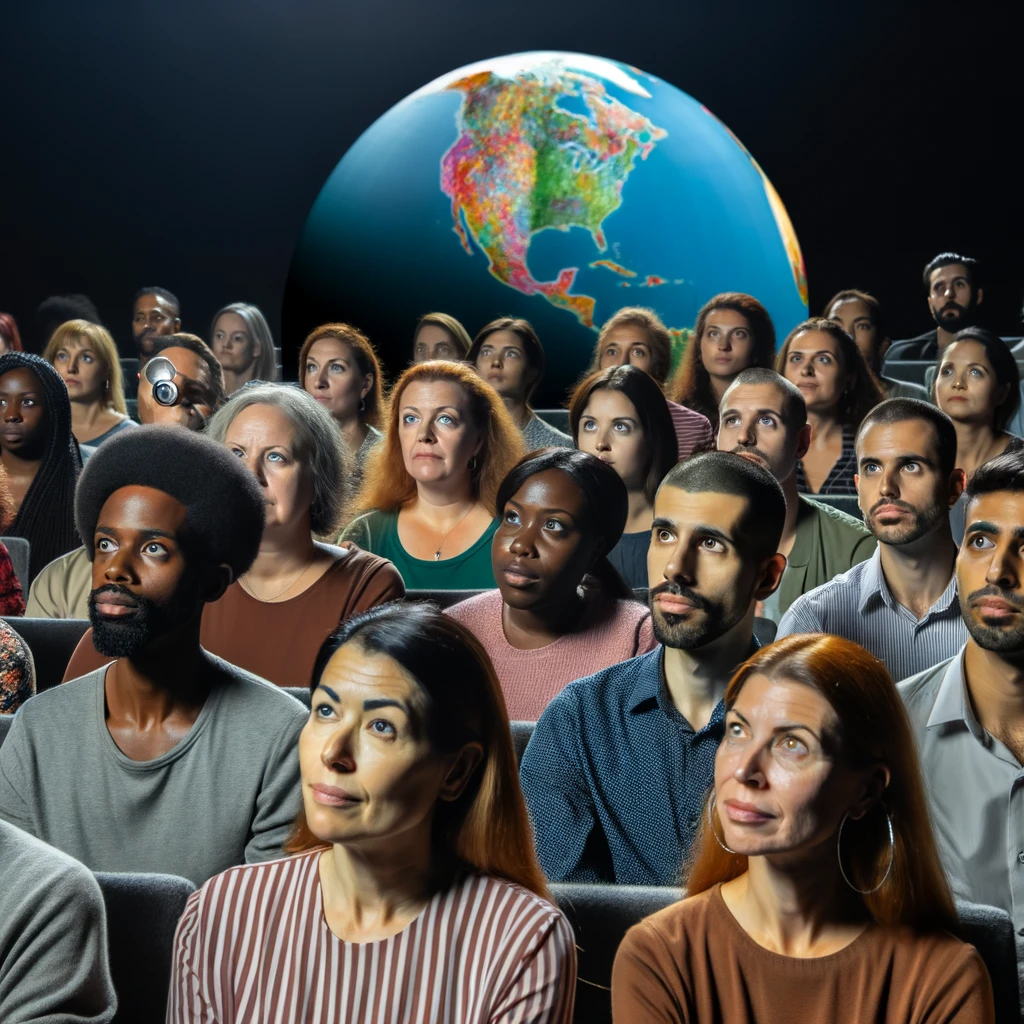
The Science of Soundtracks: How Music Shapes Media
Soundtracks have become an integral part of media, from films and television shows to video games and advertisements. The strategic use of music enhances storytelling, influences emotions, and ultimately shapes the audience's experience. This article delves into the science behind soundtracks and how they impact various forms of media.
The Emotional Impact of Music
Music has a profound ability to evoke emotions. Research shows that music can trigger the release of dopamine, a neurotransmitter associated with pleasure, in the brain. This is why certain melodies or harmonies can make us feel happy, sad, or excited. In media, music acts as an emotional compass, guiding the audience through the narrative journey.
Setting the Tone and Atmosphere
Soundtracks help establish the tone and atmosphere of a scene or story. For instance, a suspenseful score can heighten tension in a thriller, while a whimsical tune can create a light-hearted atmosphere in a comedy. Directors and composers often collaborate closely to ensure the music aligns with the visual and narrative elements of the media.
Enhancing Storytelling and Character Development
Music can also serve as a storytelling device, providing context or background that dialogue alone cannot convey. Themes or motifs associated with specific characters can offer insights into their personalities or foreshadow their fate. This technique, known as leitmotif, is a powerful tool in the hands of skilled composers.
The Role of Soundtracks in Video Games
In video games, soundtracks play a crucial role in enhancing player immersion and engagement. Dynamic soundtracks that adapt to gameplay can increase the player's sense of agency and investment in the game. Moreover, iconic game soundtracks contribute to the cultural significance of the gaming industry.
The Science Behind Soundtrack Composition
Composers utilize various scientific principles when creating soundtracks. The choice of instruments, tempo, and key can all influence how music is perceived. For example, minor keys often evoke sadness or tension, while major keys are associated with happiness and resolution. Composers are also mindful of the cultural context, as musical tastes and emotional responses can vary across different audiences.
Challenges in Soundtrack Production
Creating an effective soundtrack is not without its challenges. Composers must balance originality with familiarity, ensuring the music complements the media without overshadowing it. Additionally, technological advancements have expanded the possibilities for soundtrack production, allowing for more complex and immersive soundscapes.
The Future of Soundtracks in Media
As technology continues to evolve, so too will the role of soundtracks in media. Virtual reality and augmented reality present new opportunities for interactive and adaptive soundtracks. Furthermore, the rise of artificial intelligence in music composition may introduce novel approaches to soundtrack creation.
In conclusion, the science of soundtracks is a fascinating field that combines art and technology. By understanding how music shapes our perception of media, creators can craft more engaging and emotionally resonant experiences for audiences worldwide.
Related Articles





